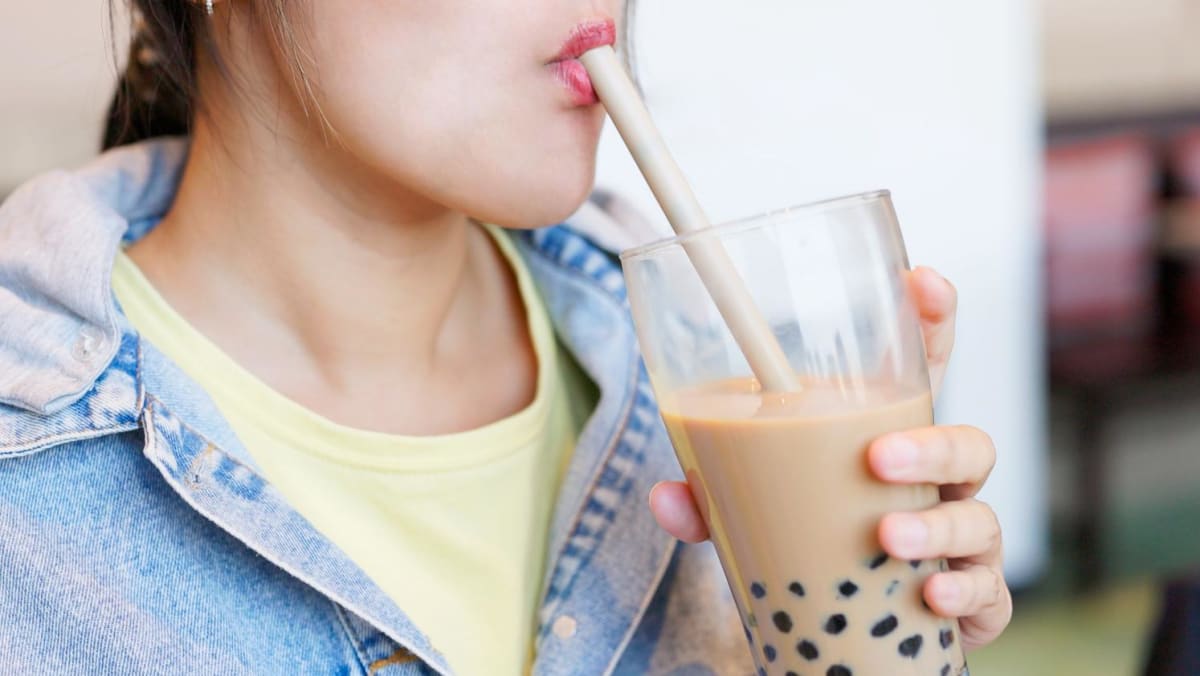That craving you have for milk tea (an umbrella term for the bubble tea, fruit tea, floral tea sold in bubble tea shops) could be more than just a need for a hit of sugar.
As it turns out, addiction to the sweet beverage is a thing and it can be associated with depression, anxiety and suicidal thoughts, according to researchers from Tsinghua University and Central University of Finance and Economics in China after studying over 5,200 university students in Beijing.
“The consumption of milk tea among youths may result in addictive behaviours, which may in turn be associated with mental health issues like depression, anxiety and suicidal ideation,” the researchers wrote in Journal Of Affective Disorders.
SO ARE YOU ADDICTED?
If you’re wondering if you have a milk tea addiction, nearly half of the Chinese youths surveyed drank at least one cup of milk tea weekly, 2.6 per cent drank four to six cups each week, while 20.6 per cent drank two to three cups weekly.
According to 2013’s American Psychiatric Association: Diagnostic And Statistical Manual of Mental Disorders, the criteria for milk tea addiction include:
Consuming milk tea in larger quantities and for extended duration than intended.Experiencing a persistent carving or repeated unsuccessful efforts to quit. Frequently turning to milk tea consumption when feeling distressed. Continuously using milk tea despite being aware of the adverse consequences. Developing tolerance, where increasing amounts of milk tea are needed to achieve desired effects.Experiencing withdrawal symptoms upon discontinuing or reducing milk tea consumption.
Related:
Confessions of a bubble tea addict: Not good for me, but it's been good to me
A high consumption of caffeinated sugar-sweetened beverages (SSBs) such as milk tea may lead to addiction symptoms including craving, loss of control, tolerance and withdrawal. “Parents have reported children experiencing withdrawal symptoms such as headaches, depressed mood and social isolation when limiting their children’s intake of caffeinated SSBs,” wrote the researchers.
“Moreover, research has suggested that guilty feelings often accompany addictive behaviours such as food addiction, which may also be an additional symptom for those with milk tea addiction.”
Where to get help:
Samaritans of Singapore Hotline: 1767
Institute of Mental Health’s Helpline: 6389 2222
Singapore Association for Mental Health Helpline: 1800 283 7019
You can also find a list of international helplines here. If someone you know is at immediate risk, call 24-hour emergency medical services.



